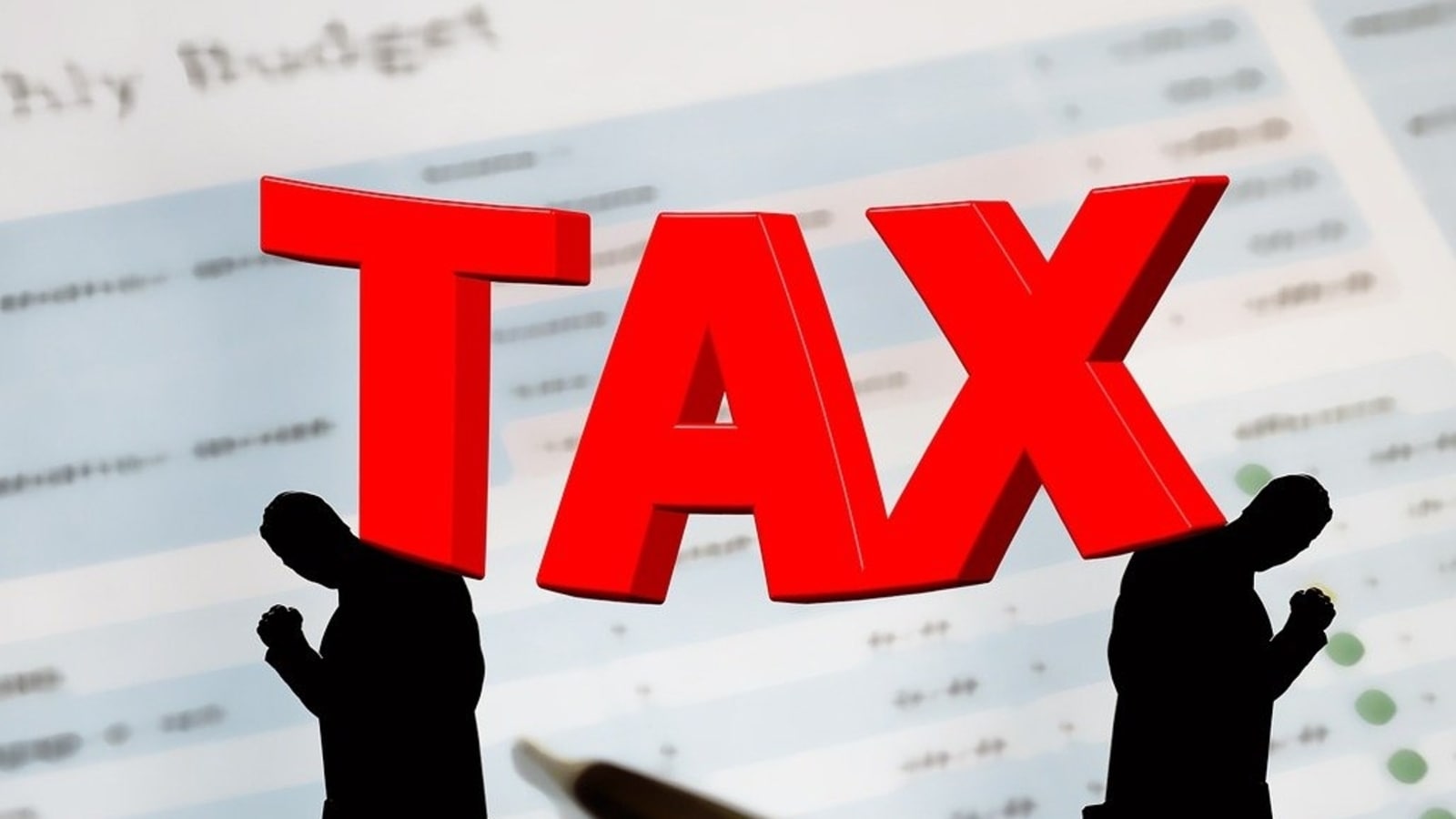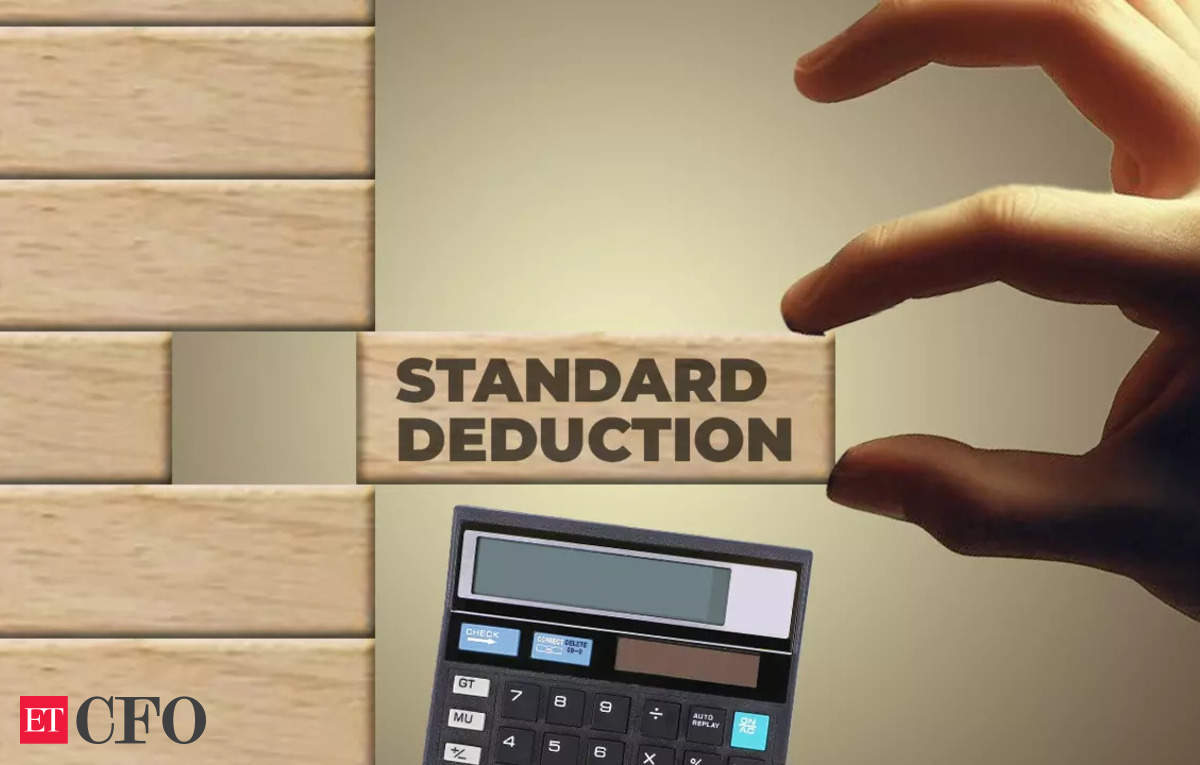The Government of India introduced the Sovereign Gold Bond (SGB) Scheme in November 2015 to offer an alternative investment to physical gold. Over the years, the market has witnessed a considerable decline in the demand for physical gold. SGBs not only track the export-import value of the asset but also ensures transparency at the same time.
SGBs are government securities and are considered safe. Their value is denominated in multiples of grams of gold. SGBs have witnessed a significant increase in investors, with it being considered a substitute for physical gold. If you are looking to purchase an SGB, all you have to do is approach a SEBI-authorised agent or broker. Once you redeem the bond, the corpus (as per the current market value) will be deposited into your registered bank account.
Below are FAQ
1. What is Sovereign Gold Bond (SGB)? Who is the issuer?
Sovereign Gold Bonds (SGBs) are government securities denominated in grams of gold, acting as substitutes for holding physical gold. These bonds are issued by the Reserve Bank of India (RBI) on behalf of the Government of India.
2. Why should I buy SGB rather than physical gold? What are the benefits?
Investing in SGBs offers several advantages over holding physical gold. The quantity of gold remains protected, as investors receive the ongoing market price at the time of redemption. Additionally, risks and costs associated with storing physical gold are eliminated. Investors are assured of the market value of gold at maturity, and the bonds are free from issues like making charges and purity concerns often associated with gold in jewelry form.
3. Are there any risks in investing in SGBs?
While investing in SGBs, there may be a risk of capital loss if the market price of gold declines. However, investors do not lose in terms of the units of gold they have paid for.
4. Who is eligible to invest in the SGBs?
Persons resident in India as defined under the Foreign Exchange Management Act, 1999 are eligible to invest in SGBs. This includes individuals, Hindu Undivided Families (HUFs), trusts, universities, and charitable institutions.
5. Whether joint holding will be allowed?
Yes, joint holding is permitted for SGBs.
6. Can a Minor invest in SGB?
Yes, a minor can invest in SGBs, but the application must be made by their guardian.
7. Where can investors get the application form?
Application forms for SGBs are available at issuing banks, SHCIL offices, designated Post Offices, and agents. They can also be downloaded from the RBI’s website, and some banks may offer online application facilities.
8. What are the Know-Your-Customer (KYC) norms?
Every application for SGBs must be accompanied by the PAN number issued by the Income Tax Department to the investor(s).
9. Can an investor hold more than one investor ID for subscribing to the Sovereign Gold Bond?
No, an investor can have only one unique investor ID linked to any of the prescribed identification documents.
10. What is the minimum and maximum limit for investment?
SGBs are issued in denominations of one gram of gold and in multiples thereof. The minimum investment in the bond shall be one gram, with a maximum limit of subscription of 4 kg for individuals, 4 kg for HUFs, and 20 kg for trusts and similar entities notified by the government per fiscal year.
11. Can each member of my family buy 4Kg in their own name?
Yes, each family member can buy bonds in their own name if they meet the eligibility criteria.
12. Can an investor/trust buy 4 Kg/20 Kg worth of SGB every year?
Yes, an investor/trust can buy the prescribed amount of gold every year, as the limit is fixed on a fiscal year basis.
13. Is the maximum limit of 4 Kg applicable in case of joint holding?
The maximum limit applies to the first applicant in case of joint holding for a specific application.
14. What is the rate of interest and how will the interest be paid?
The bonds bear interest at a fixed rate of 2.50% per annum on the initial investment, payable semi-annually to the bank account of the investor, with the last interest payable on maturity along with the principal.
15. Who are the authorized agencies selling the SGBs?
Bonds are sold through various channels including offices or branches of Nationalised Banks, Scheduled Private Banks, designated Post Offices, SHCIL, and authorized stock exchanges.
16. If I apply, am I assured of allotment?
If the customer meets the eligibility criteria, produces a valid identification document, and remits the application money on time, they will receive the allotment.
17. When will the customers be issued Holding Certificate?
Customers will receive a Certificate of Holding on the date of issuance of the SGB.
18. Can I apply online?
Yes, online application through the website of listed scheduled commercial banks is possible, with discounted issue prices.
19. At what price the bonds are sold?
The nominal value of Gold Bonds is fixed based on the average closing price of gold for the last three business days preceding the subscription period.
20. Will RBI publish the rate of gold applicable every day?
Yes, the price of gold for each tranche will be published on the RBI website two days before the issue opens.
21. What will I get on redemption?
On maturity, the bonds shall be redeemed in Indian Rupees based on the average closing price of gold in the previous three business days.
22. How will I get the redemption amount?
Both interest and redemption proceeds will be credited to the bank account provided by the customer at the time of purchase.
23. What are the procedures involved during redemption?
Investors will be advised one month before maturity, and the proceeds will be credited to the bank account on maturity.
24. Can I encash the bond anytime I want? Is premature redemption allowed?
Early encashment or redemption of the bond is allowed after the fifth year from the date of issue on coupon payment dates.
25. What do I have to do if I want to exit my investment?
In case of premature redemption, investors can approach the concerned bank or post office, and the proceeds will be credited to the customer’s bank account.
26. Can I gift the bonds to a relative or friend on some occasion?
Yes, the bond can be gifted or transferred to a relative or friend who meets the eligibility criteria.
27. Can I use these securities as collateral for loans?
Yes, SGBs are eligible to be used as collateral for loans from banks, financial institutions, and NBFCs.
28. What are the tax implications on i) interest and ii) capital gain?
Interest on the Bonds is taxable, but capital gains tax on redemption has been exempted. Indexation benefits are provided for long-term capital gains.
29. Is tax deducted at source (TDS) applicable on the bond?
TDS is not applicable on SGBs, but investors must comply with tax laws.
30. Who will provide other customer services to the investors after issuance of the bonds?
Issuing banks, SHCIL offices, Post Offices, and designated stock exchanges will provide customer services.
31. What are the payment options for investing in the Sovereign Gold Bonds?
Payment can be made through cash, cheques, demand drafts, or electronic fund transfers.
32. Whether nomination facility is available for these investments?
Yes, nomination facility is available as per the Government Securities Act and Regulations.
33. Can I get the bonds in demat form?
Yes, bonds can be held in demat accounts, and conversion to demat is available after allotment.
34. Can I trade these bonds?
Yes, SGBs are tradable, and partial transfers are possible.
35. What is the procedure to be followed in the eventuality of death of an investor?
The nominee/nominees can approach the respective Receiving Office with their claim. The claim of the nominee/nominees will be recognized in terms of the provision of the Government Securities Act, 2006 read with Chapter III of Government Securities Regulation, 2007. In the absence of nomination, the claim of the executors or administrators of the deceased holder or the claim of the holder of the succession certificate (issued under Part X of the Indian Succession Act) may be submitted to the Receiving Offices/Depository. It may be noted that the above provisions are applicable in the case of a deceased minor investor also. The title of the bond in such cases too will pass to the person fulfilling the criteria laid down in the Government Securities Act, 2006, and not necessarily to the Natural Guardian.
36. Can I get part repayment of these bonds at the time of exercising the put option?
Yes, part holdings can be redeemed in multiples of one gram.
37. How do I contact RBI to address my queries regarding Sovereign Gold Bond?
A dedicated e-mail has been created by the Reserve Bank of India to receive queries from members of the public on Sovereign Gold Bonds. Investors can mail their queries to this email id.
These frequently asked questions aim to provide comprehensive information about investing in Sovereign Gold Bonds, offering insights into eligibility criteria, investment limits, benefits, taxation, redemption procedures, and more. Investors are encouraged to review this information carefully and seek further clarification from authorized channels if needed before making investment decisions.
Visit www.cagurujiclasses.com for practical courses











